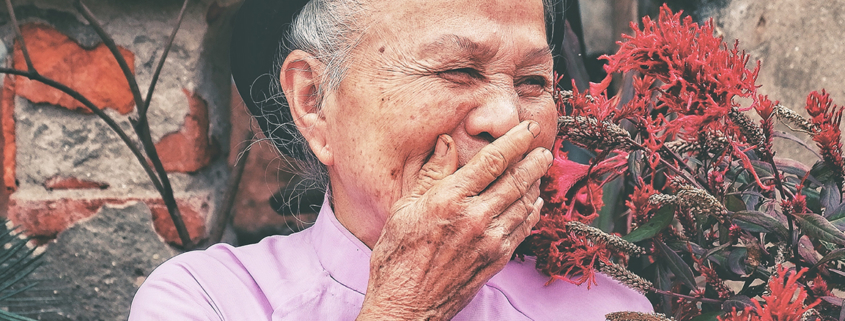ISSUE
For the first time in history, Americans living in the 21st century will experience millions of people with intellectual and/or developmental disabilities living into their “senior” years. These Americans with disabilities want to enjoy their older years in the same manner as other people their age. Unfortunately, the discrimination that older people often experience in accessing community activities, housing, services, and supports and in enjoying all aspects of community life as they age, is experienced to a much greater degree by people with intellectual and/or developmental disabilities as they age.
Like other older Americans, people with intellectual and/or developmental disabilities may require greater levels of support to allow them to live full, active and healthy lives in their communities as independently and as long as possible. Unfortunately, many older people with intellectual and/or developmental disabilities lack basic housing supports, as well as the specialized services needed to enable them to live more independently. They also lack the access to the health care services they need as they grow older, particularly access to preventative services and to ongoing habilitation and rehabilitation services.
Additionally, family members of people with intellectual and/or developmental disabilities often lack information about and access to resources to enable them to support the person who is growing older. Many people with disabilities see no future for themselves as they grow older, other than one inside the walls of a nursing home or other institutional setting.
These problems are compounded by the fact that many community-based services for senior citizens are not prepared to meet the special needs of older adults with intellectual and/or developmental disabilities. Likewise, many disability-based organizations have historically not planned for the challenges faced by older people with intellectual and/or developmental disabilities and are not prepared to address these unique needs, including providing education and training on mitigating the risk of elder abuse and neglect for a potentially more vulnerable population of older people. In addition, a disconcerting trend is occurring. More and more aging individuals with disabilities are becoming caregivers for their even older parents.
POSITION
As they age, people with intellectual and/or developmental disabilities must have every opportunity to be recognized as respected members of the community. Community services and supports that are geared to older community members must accommodate the supports needed by those who have also experienced lifelong disabilities.
People with intellectual and/or developmental disabilities who are aging should:
- Be afforded the same rights, dignity, respect, and opportunities as other older people in their communities;
- Be empowered, together with their families if asked, to advocate for themselves;
- Be free from discrimination on the basis of disability and/or aging;
- Have access to appropriate community-based social services, transportation, legal services, and other services;
- Have access to a full array of affordable housing services appropriate to their age and physical and mental condition;
- Have access to a full array of health care services appropriate to their age and physical and mental condition, including preventive health care, ongoing habilitation and rehabilitation services for as long as they are needed, including appropriate end-of-life
care; - Receive the supports they need to live, work, play, and retire when, where, and how they prefer, including supports for family members who can assist them in the pursuit of a quality and self-determined aging experience;
- Be free from the fear of inappropriate institutionalization;
- Be free from the fear of elder abuse and neglect by family members, providers or community members; and
- Have access to financial supports that will provide them with retirement opportunities like those that are available to other older people who no longer work.
Rev’d 2019
Joint statement with the American Association on Intellectual and Developmental Disabilities (AAIDD).
1Intellectual Disability (ID) is a lifelong condition where significant limitations in both intellectual functioning and adaptive behavior emerge during the developmental period (before adulthood).
Developmental Disabilities (DD), first defined in 1975 federal legislation now known as “The DD Act”, are a group of lifelong conditions that emerge during the developmental period and result in some level of functional limitation in learning, language, communication, cognition, behavior, socialization, or mobility. The most common DD conditions are intellectual disability, Down syndrome, autism, cerebral palsy, spina bifida, fetal alcohol syndrome, and fragile X syndrome.
The acronym “IDD” is used to describe a group that includes either people with both ID and another DD or a group that includes people with ID or another DD. The supports that people with IDD need to meet their goals vary in intensity from intermittent to pervasive.








